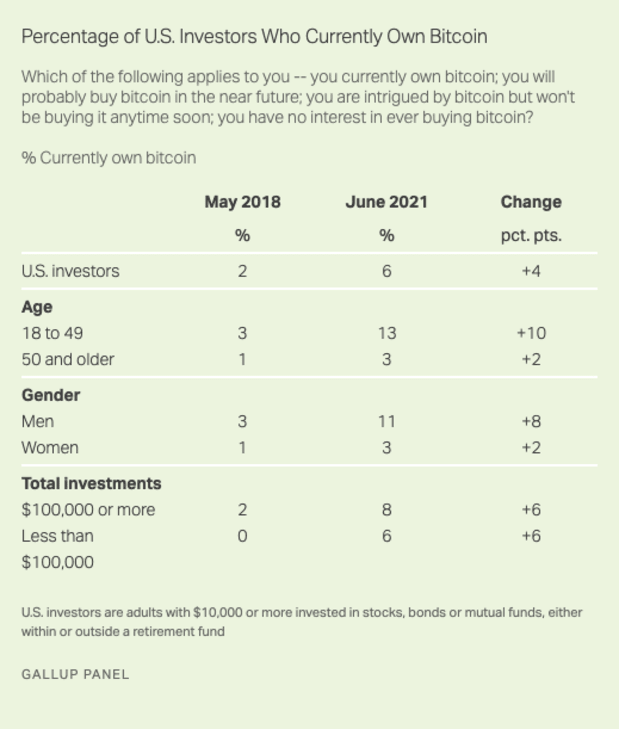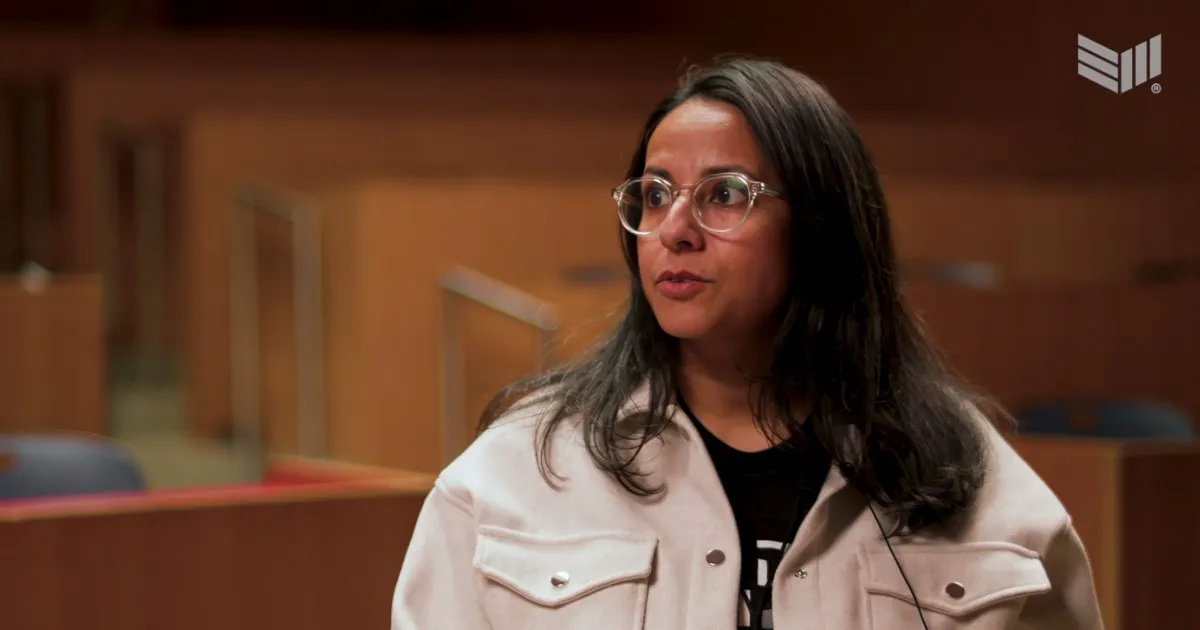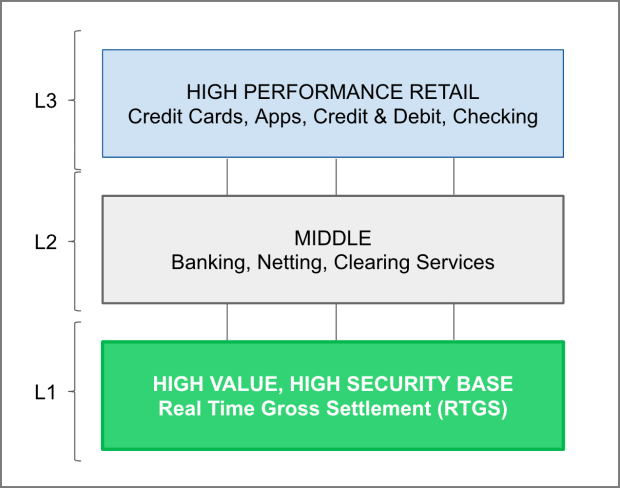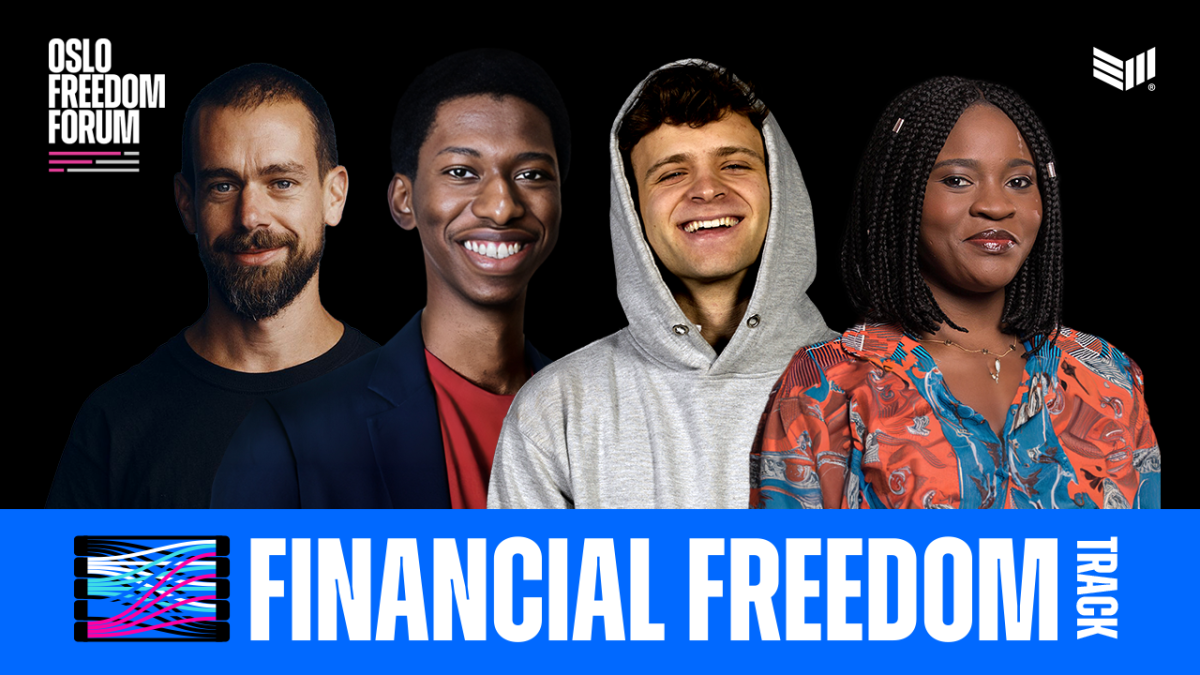We Must Shift Outdated Mental Models In Order To Understand Bitcoin
Ibex is building Lightning Network payments infrastructure and wants to onboard financial institutions and super apps in order to reach millions of users.
This is a transcribed excerpt of the “Bitcoin Magazine Podcast,” hosted by P and Q. In this episode, they are joined by Rafa Cordon to talk about Ibex is building Lightning Network payments infrastructure and what he thinks the future holds for bitcoin.
Watch This Episode On YouTube Or Rumble
Listen To The Episode Here:
- Apple
- Spotify
- Libsyn
Q: It’s always interesting to see and have these conversations around the present day use cases for bitcoin because there is a level of privilege, especially Americans, get to have in regards to money. Then you turn around and you leave America and you start to really see how and why they need money in real time.
In these interactions or in your own personal experience, are there things you would like to see further developed or offered for people to be able to use their bitcoin?
Rafa Cordon: I think financial institutions getting onboarded onto bitcoin.That’s a big part of our like sales or commercial effort is not to onboard individuals or small merchants, but to onboard these big companies that have millions of users on their app and just adding bitcoin into an app like these.
There’s this tendency right now of this thing called super apps. A super app is an apps that does everything, like WeChat in China, KakaoTalk in Korea. There’s several super apps coming up in different countries. Our focus is helping these super app companies integrate bitcoin within their apps and that’s one single effort that you need to do to provide exposure to bitcoin for like five million, 10 million people in one shop.
That’s what we’re focusing on and I think more financial institutions are getting more comfortable with bitcoin every day, especially here in Guatemala, we’re next to El Salvador. A lot of institutions are asking about it.
That’s what needs to happen from a regulatory standpoint. There is no legal definition for bitcoin in a lot of countries. I think only El Salvador is the country that has a law that says what bitcoin is in a certain way. It needs more details, but there’s like a legal definition of what bitcoin is. I think we need to define what bitcoin is from a legal standpoint, not necessarily like laws passed by Congress, but things like jurisprudence, like having history of interpretations of what bitcoin is. Then there’s like a general idea from a legal point of view of what bitcoin is. I think that needs to happen in these countries for more financial institutions to get comfortable with it. But at the end of the day, it’s about the people, like how people are gonna see bitcoin, how they’re gonna use it.
We’re doing some user research with people who cash out remittances, and it’s been interesting on how you need to change a mindset. I think all of us Bitcoiners, we changed that mindset. It took us a long time, but we changed that mindset. So how can we change the mindset for millions of people in one shot?
For example, we created a mock bitcoin wallet and we were showing it to people who heard the cash out remittances. They received remittances and converted it to cash and one of the first things that came up is, the first pieces of feedback was like, “Hey, I don’t have to create an account here? Like I don’t have to put in my email and password?”
That was surprising. They were like, “Oh, I’m not sure I want to use it because I don’t trust it.” Because they’re used to creating an account just like a bank account, like a Facebook.
P: Oh, wow. That’s so interesting. Wait, so just repeat that.
Cordon: That was surprising.
P: I wanna make sure I understand what you’re saying. You’re saying that because people are so used to being KYC’ed (following know-your-customer regulations to give personal information), which I view as like a crime, the fact that when somebody wants to engage with financial services, they must fully dox themselves to whatever services they’re using. You’re saying that because your users didn’t have to do that, they were like, “I don’t know if I can trust this financial act.
Cordon: Exactly. Exactly.
P: Wow! Man, that is fucked up.
Cordon: It is. That’s what I’m talking about, like changing a mental model. Because a lot of people who receive remittances probably didn’t get a high school education or college or anything.
They’re used to creating an account. Most of them have a Facebook account or a Twitter account. “Any new service that I’m gonna use, I need to create an account for.” That’s the logical sort of reasoning and when you say, “Hey, you can just use it, receive bitcoin, you don’t have to create an account,” they’re like, “Uh, wait a minute, what is this?”
That was an interesting thing, so we’re thinking about how we can educate the user to break those paradigms that bitcoin enables. Those are the things. It’s more things that have to change sort of in people’s psyche or mentality or the way that they’ve been used to consume internet-based services into how Bitcoin works.









